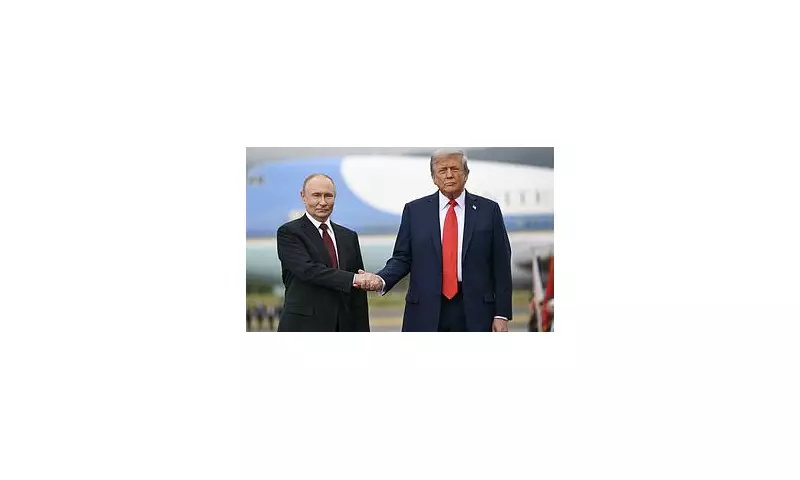
In a move that has sent shockwaves through diplomatic circles, former US President Donald Trump is preparing for a controversial meeting with Russian leader Vladimir Putin during an upcoming visit to Hungary. The planned summit has triggered alarm among security experts and political opponents who view it as a potentially damaging intervention in international affairs.
Diplomatic Firestorm Ignites
The proposed meeting, reportedly facilitated by Hungarian Prime Minister Viktor Orban, would represent Trump's first direct engagement with Putin since leaving office. Sources close to the matter indicate that arrangements are being coordinated through Trump's political action committee and international contacts.
National security veteran John Bolton didn't mince words when questioned about the potential meeting, stating unequivocally that "any communication between a former president and Putin represents a severe security risk". He emphasised that such interactions could undermine current US foreign policy and provide Putin with unintended leverage.
Hungary's Controversial Role
Budapest has emerged as the unlikely setting for this diplomatic drama, with Prime Minister Orban positioning himself as a bridge between Western and Russian interests. The Hungarian leader, who has maintained warmer relations with Moscow than other NATO allies, appears to be facilitating what critics are calling a "shadow diplomacy" operation.
Current US administration officials have expressed deep concern about the timing, given Russia's ongoing military operations in Ukraine. A State Department spokesperson noted that "private citizens engaging in foreign policy can complicate official diplomatic channels", though stopping short of directly condemning the planned meeting.
Political Fallout and Reactions
The news has sparked fierce debate across the political spectrum:
- Republican allies argue Trump maintains valuable relationships that could eventually support peace efforts
- Democratic leaders condemn the move as inappropriate meddling in active conflicts
- European diplomats express concern about fragmented Western responses to Russian aggression
- Security experts warn of potential intelligence vulnerabilities
Historical Context and Precedent
This isn't the first time Trump's interactions with Putin have drawn scrutiny. Their numerous meetings during Trump's presidency were consistently shadowed by allegations of Russian election interference and questions about the nature of their relationship.
What makes this potential encounter particularly sensitive is Trump's position as both a former commander-in-chief and current presidential candidate. The dual role creates unprecedented challenges for diplomatic protocols and national security considerations.
As arrangements continue to develop behind the scenes, the international community watches with apprehension, aware that such meetings could reshape geopolitical dynamics at a critically volatile moment in world affairs.





